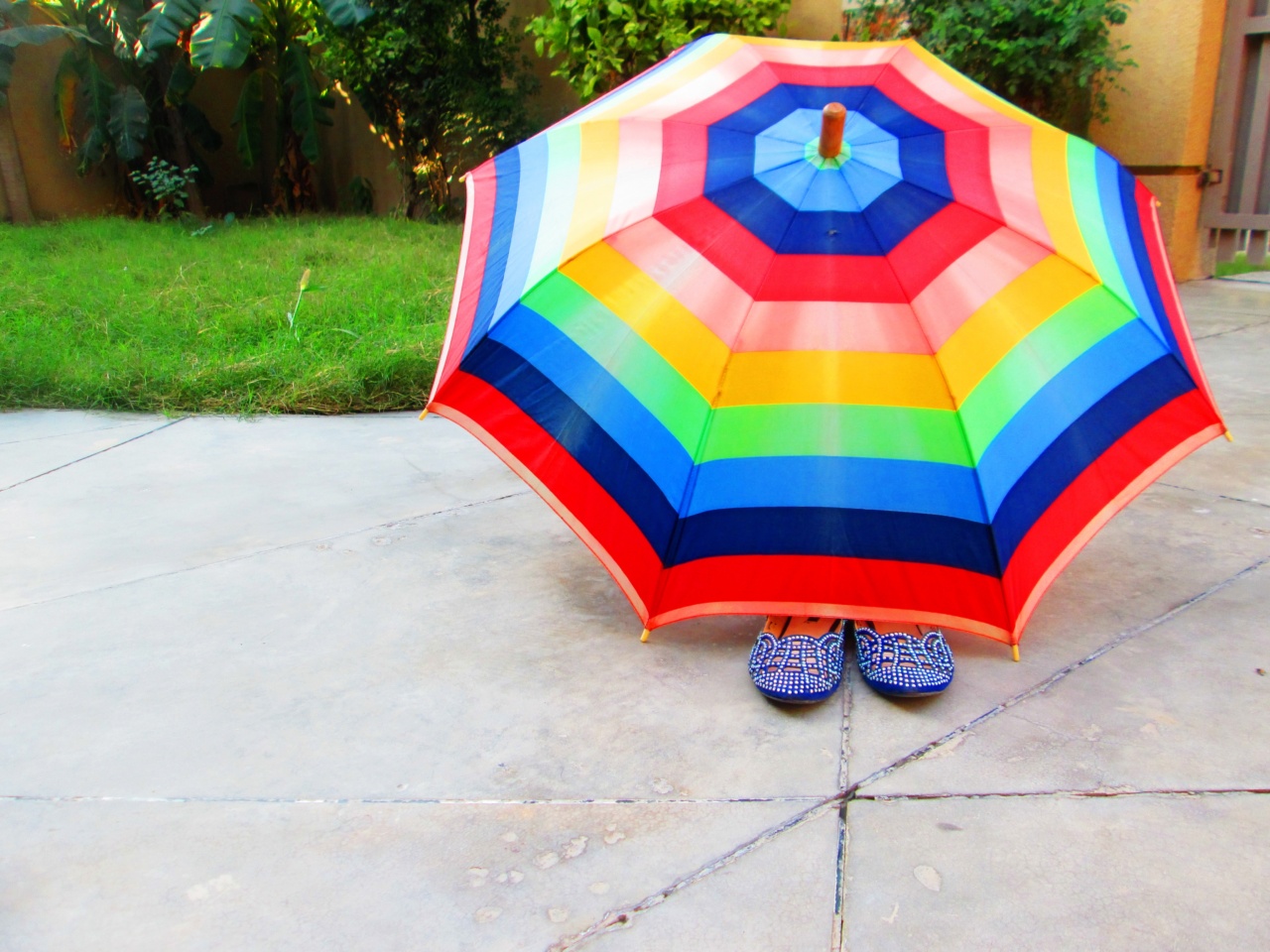With the summer season just around the corner, sunscreen is a must-have in your daily routine.
As much as fun summer activities such as barbecues, beach trips, and pool time seem tempting, they come with a huge downside – exposure to harmful ultraviolet (UV) rays. While the sun is beneficial to the skin, too much of it can pack a punch.
Sunscreen is essential to protect the skin from the damaging effects of the sun, and the sun protection factor (SPF) is the key thing to understand when it comes to sun protection. Here is a guide to help you understand SPF and how it can protect your skin:.
What is SPF?
SPF is a measure that shows how well a sunscreen can protect the skin from UVB rays, which are the rays that cause sunburn, skin damage, and increase the risk of skin cancer.
SPF values measure the fraction of UVB radiation that reaches the skin, and higher SPF values indicate greater sunburn protection. For example, if you apply SPF 30 sunscreen correctly, it takes 30 times longer for the skin to be damaged by UVB rays than it would take without the sunscreen.
How to Choose the Right SPF
The American Academy of Dermatology recommends that people use sunscreen with an SPF of at least 30. SPF 30 blocks about 97% of UVB rays, while SPF 50 blocks 98% of UVB rays. Higher SPF values do not necessarily provide better protection.
Since no sunscreen can block 100% of UVB rays, it is also important to reapply sunscreen every two hours and after swimming or sweating.
Different Types of Sunscreen
There are two types of sunscreen: chemical and physical. Chemical sunscreens absorb UV rays and prevent them from penetrating the skin, while physical sunscreens sit on top of the skin and deflect UV rays.
Physical sunscreens are generally considered better for people with sensitive skin and for children. However, some physical sunscreens can leave a white residue on the skin and may not be suitable for darker skin tones.
Chemical sunscreens may cause skin irritation in some people but are generally preferred for active outdoor activities or water sports since they are more sweat-resistant and less likely to leave a sticky residue on the skin.
Sun Protection for Different Skin Types
SPF 30 is a common recommendation by dermatologists for most people. However, the risk of sun-related skin damage depends on factors like skin type, time of day, and geographical location.
People with fair skin or a history of skin cancer may need a higher SPF, up to SPF 50. People with darker skin tones may have more natural protection from the sun but should still use sunscreen, especially if they have a history of skin cancer in their family.
Other Tips for Protecting Your Skin
Sunscreen is not the only way to protect your skin from the sun. Here are some additional tips to keep in mind:.
- Wear protective clothing like hats, sunglasses and long-sleeved tops
- Avoid peak sun hours between 10 a.m. and 4 p.m.
- Seek shade whenever possible
- Drink plenty of water to stay hydrated
The Bottom Line
SPF is a crucial factor in sun protection, but there is more to it than just choosing the right sunscreen. You should also consider other factors like your skin type, time of day, and location.
Be sure to apply sunscreen regularly and use other protective measures to ensure that you stay safe and enjoy the summer months without the fear of UV damage.



























